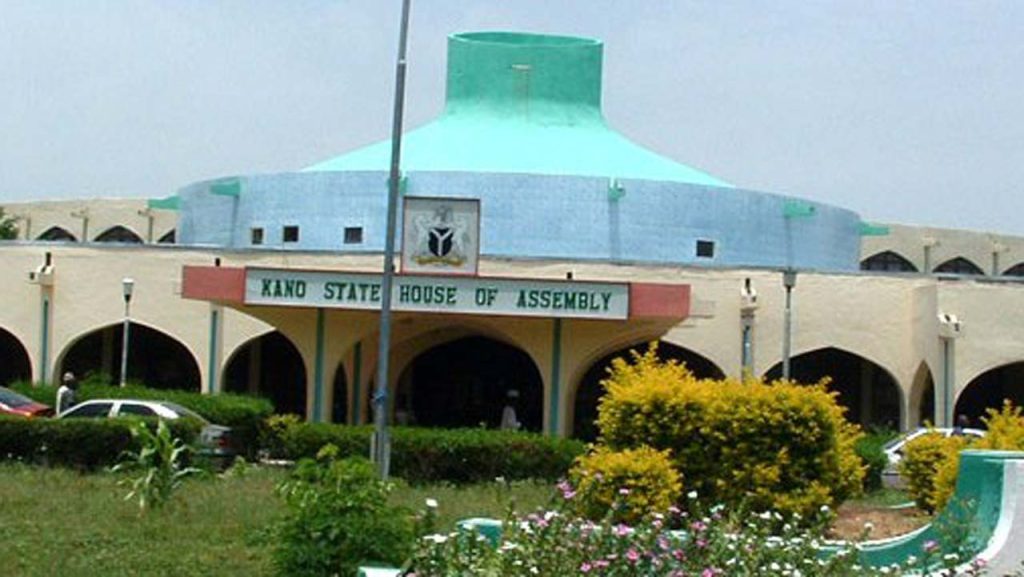The United Nations has suspended its critical air service in Nigeria’s northeast due to severe funding shortages. The UN Humanitarian Air Service, operated by the World Food Programme, ended its fixed-wing operations in the country after nearly a decade of providing aid workers and supplies to conflict zones.
In 2024, the service carried over 9,000 passengers, with 4,500 humanitarian staff relying on it to reach affected areas this year. However, the service requires $5.4 million to remain operational for the next six months. Without this funding, the humanitarian response in northeast Nigeria risks being severely impeded, leaving vulnerable populations without essential aid.
The shutdown comes as the World Food Programme faces significant financial shortfalls. In July, the agency warned that it might be forced to suspend emergency food and nutrition aid for 1.3 million people in northeastern Nigeria. The closure highlights the growing strain on relief efforts as donor funding declines, threatening to deepen the country’s most protracted humanitarian emergencies.
The UN has emphasized the importance of air transport in Nigeria, where road transport remains extremely dangerous due to 16 years of conflict. The agency’s regional director for West and Central Africa, Margot van der Velden, stressed that $5.4 million is urgently needed to sustain food and nutrition operations in the region for just six months.
Although the Nigerian government has provided significant support to relief efforts, international contributions remain crucial to sustaining operations at scale. The UN has warned that the consequences of the shutdown could be devastating, with humanitarian workers losing safe access to remote conflict-affected communities, and families being forced into desperate choices such as enduring worsening hunger or migrating in unsafe conditions.
The loss of the air bridge may further isolate vulnerable populations in Nigeria’s northeast, where insurgency and instability have already displaced millions. The UN’s appeal comes as humanitarian agencies worldwide confront shrinking donor budgets, driven by global economic pressures and competing crises. The suspension of the air service underscores the need for urgent funding to prevent a collapse of critical aid pipelines and ensure the continued delivery of essential humanitarian aid to those in need.



